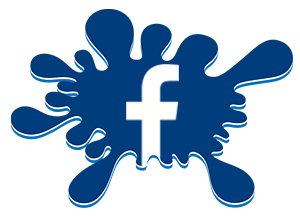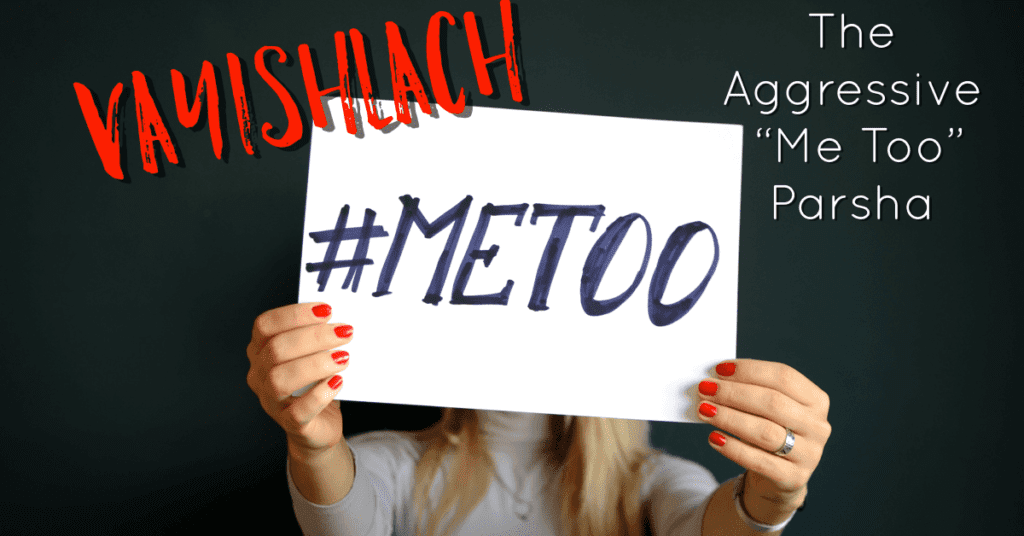Table of Contents
Me Too: Am I Even Allowed To Talk About This?
It’s an odd sensation, clicking your fingers on the keyboard, not wanting to upset anyone but knowing it’s inevitable. I’ve been wanting to share my thoughts on the ubiquitous “Me Too” phenomenon that has smashed our culture from every side, but fear has prevented me. Somehow I’m perceived as disqualified to weigh in, because I’m a) male and b) not a victim of sexual abuse.
However, society falls apart when anyone’s opinion is inherently invalid, and the good amongst us are discouraged from sharing our thoughts and feelings.
I read. I read a lot. And it quickly became clear that something like 80% of the articles I was reading were somehow related to the Me Too subject. Every time I felt like there was nothing left to be said, someone wrote an article that caught my attention.
I’ve read everything from articles about accounts of nasty public figures, to a woman’s apology for the role she may have played in perpetuating what’s been going on, to an advocate of teaching aggressive self-defense techniques as the best solution. And just last night I finished an asinine article claiming that left-wing rapists should get some latitude over right-wing rapists, because of the good they do. I kid you not, this wasn’t satire!
So here I am. Weighing in about Me Too. Admittedly nervous, but also happy to put my thoughts and feelings out there. I’m well aware that it opens me up to be criticized or worse, but I’m more than OK with that. It’s my duty to share, and it’s society’s duty to have thoughtful, intellectual discussions.
Facebook Me Too Blah Blah

I was initially highly wary of the Me Too Movement. Mainly because it’s origin was nothing more than people plopping “me too” into their Facebook profiles. Things of great importance should be treated with greater urgency and seriousness than the same methodology we spread the Harlem Shake or the concerts we’ve been too but one is fake.
I feared, and to some extent fear, that any campaign whose primary source is Facebook posts, can never make a proper difference, especially if there’s no clear path from where to take things next.
But things are happening. The world is a changing place, and social media is the place where things happen. And even though “me too” is tossed into the same place as that simple test that will tell you if you’re a genius and your cousin’s 7,000th baby picture, this does not disqualify it from being effective or serious.
Personally, I like to compartmentalize. Maybe I was born into the wrong generation.
Naive or White Knights?

Nevertheless, I want to first talk about a common male response I saw following thousands of “me too” posts flooding Facebook. The response basically looked something like this:
“I never imagined that this was going on. I am sickened and horrified to find out that my beloved sisters have been suffering so much at the hands of my gender. And I am shocked and appalled, and embarrassed to be a male.”
If the prevalence of harassment and assault against women in society is a surprise to you, there are only two possibilities:
a) You are a completely ignorant, naive fool. Or:
b) You are a White Knight, coming along to save all those poor lassies out there, with your own underhanded agenda. If you don’t know what I’m talking about, listen to these guys. Pardon the crudeness… but they’ve got a point.
Fact is, every guy is aware of what happens, and has, in some capacity or another, participated in behavior that’s been criticized all over the internet, ranging from the most heinous of crimes to ogling the girl in cute yoga pants next to him at the gym.
Every guy is aware of what happens, and has, in some capacity or another, participated in behavior that's been criticized all over the internet, ranging from the most heinous of crimes to ogling the girl in cute yoga pants next to him… Share on X
Which leads to my next point.
A Cavern of Difference
I have never liked when different actions are bundled together. And I am very bothered by the fact that rape and harassment are being categorized together by elements of the Me Too Movement. This is by no means to say they are not both reprehensible, and that systemic change needs to happen in society to deal with both issues.
But there is an enormous cavern between the girl who was violently raped and the one who was whistled at once.
I think it is unfair to put the actions together, both because they need to be dealt with differently, and because it is disrespectful to victims of rape and sexual abuse to have them categorized alongside someone who has been harassed.
I say this as someone who knows abuse victims. And as a father who will inevitably instruct his daughters how to deal with being harassed (and his son how to not be an asshole).
Harassment and Bullying

Harassment is shameful behavior; however, I believe it is best dealt with the same way one confronts bullying. Those who harass should be addressed, and addressed harshly. Their behavior should be shunned and society should find ways to change the behavior from normative to taboo .
However, sadly, like bullying, the likelihood of removing the problem from the world is almost non-existent. (However, I do recommend everyone read the book Switch, by Chip and Dan Heath. They speak of ways societies went about changing the perception of common, reprehensible behaviors.)
At this stage, the victim’s reaction is more vital. The victim must learn how to defend herself and how to remain strong and healthy in the face of mistreatment. Not to belittle one who has been harassed, but the ability to move forward is the greatest strength you can have.
But this is not the case with abuse. Abuse leaves indelible imprints that ruin lives, for the victim and those close to the victim as well. Abuse is a violent and sick crime, and should be dealt with in strongest and harshest ways possible (I will get back to that in a moment).
Me Too: A Human Problem
I have seen commentaries that speak about these issues in terms of where one stands on the political spectrum.
This is hurtful, inane, and blatantly misleading.
The Me Too problem is not a liberal or conservative issue. This is a human problem. The mistreatment of anyone amongst us is wrong, and every good person should do whatever is within their power to help make the world a better place.
To those who see these issues as belonging to one group or another, I say: Grow the hell up.
If anything age and experience has taught me along the way, there are only two groups of people who matter: Good people and bad people. And every race, religion, political group, sexual preference, and both genders are filled with a whole lot of both. Positive change only happens in the world when the good people amongst us work together to make a difference.
What would Dina say?
This week’s Torah portion has a horrific story about Jacob’s daughter Dina. To summarize, she is taken captive and raped by an important figure. Said figure attempts to make peace with Dina’s family, which they presumably accept. However, two of Dina’s brothers, Shimon and Levi, have different intentions. They sneak into the village and massacre the perpetrator and everyone else living there.
After the incident, Shimon and Levi’s father, Jacob, rebukes the brothers’ actions, since the overall effect would result in provoking the surrounding communities to join together to harm the nation. The brothers’ response (essentially): It’s our sister. What the hell did you expect us to do?
And the story ends there.
Me Too vs Vayishlach
Looking at this tale in the modern era, we can see some bizarre parallels. Dina was out and about and a terrible tragedy occurs to her at the hands of an important individual (politician, celebrity, producer, etc). Who is to blame? According to Shimon and Levi, the blame falls not just upon those who commit the actions, but the society that surrounds them and continues to allow those actions to occur (those who know it’s happening the whole time, but remain silent). They are not just to blame. They are equally to blame!
Jacob, though, takes a cautious route, fearing reprisals for taking actions against wrongdoers, similar to the many in society who choose silence or diplomacy, rather than take aggressive or risky stands.
Traditionally, Shimon and Levi are criticized for their angry and aggressive approach.
Baltimore Jewish Times
Many years ago, well before these topics were hotly debated, I wrote an article for the Baltimore Jewish Times, where I sympathized with the approach of Shimon and Levi. My basic view was: How could a normal person not respond, at least emotionally, the way they did? I don’t even want to think how I would respond if, God forbid, someone harmed one of my precious daughters! I would certainly not be thinking about restraint and diplomacy. And I would certainly be infuriated with those who tried to cover for the sick bastard who did this.

And for the next several weeks I watched as people debated what I wrote. The overwhelming majority were upset with me. One even questioned why a school would employ someone “like me”, with my revolting and violent attitude. The bulk of negative response I received were from liberals, which I find ironic considering they are usually the champions of the rights of the downtrodden.
I wonder if I were to get a different response if my article were published now, in the wake of the world somehow magically discovering that Dina’s story was not some isolated legend of Biblical history, but something that still happens to this day, and with alarming frequency.
So, many years later, I ask again: Were Shimon and Levi justified in their actions? If not, were they at least justified in wishing to react the way they did? If so, were they justified in placing blame on both the criminal and the accomplice? And for God’s sake, what would Dina want us to do!?
For most of my adult life, I’ve advocated an extremely aggressive approach to those who commit the basest of actions.
Am I wrong?



